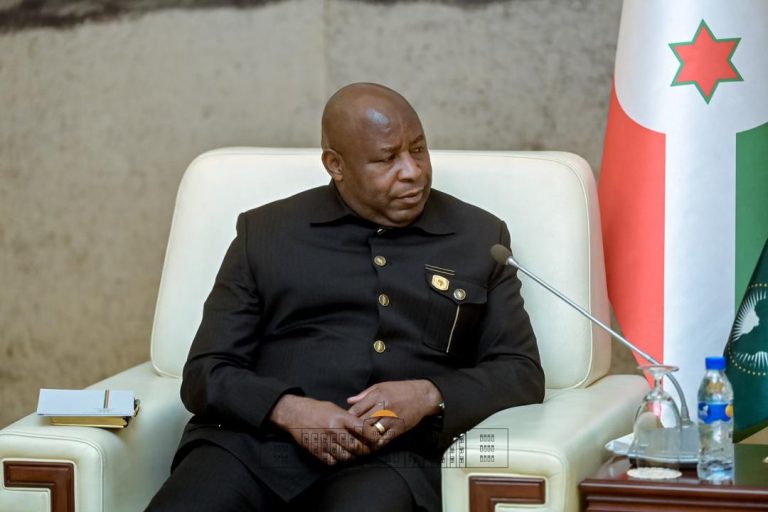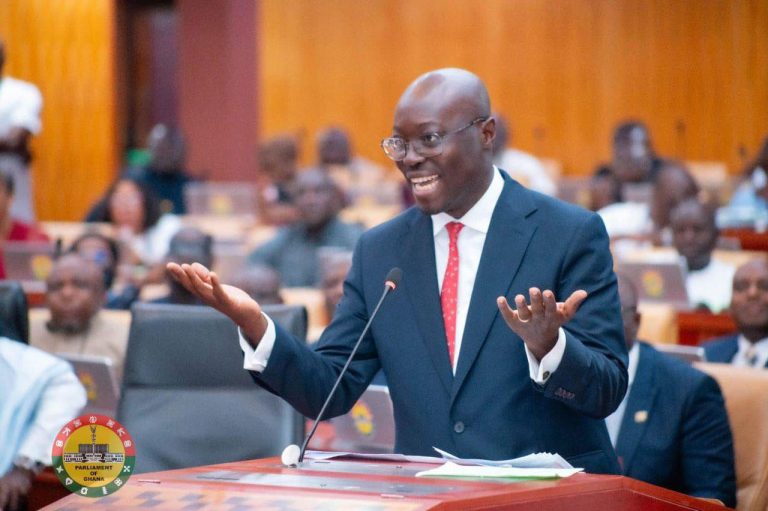- Central bank trims benchmark rate despite fiscal risks
- Debt-payment delays tightening liquidity, hurting confidence
MAPUTO, MOZAMBIQUE – Mozambique has cut its benchmark interest rate to spur an economy weakened by fiscal strain, shrinking liquidity and post-election instability.
The Banco de Moçambique reduced the monetary policy rate, known as the MIMO, by 25 basis points from 9.75% to 9.50% after its Monetary Policy Committee meeting. It is the lowest level since November 2015 and marks the 12th consecutive cut in its easing cycle.
Since January, policymakers have slashed the MIMO by 325 basis points and by 775 basis points since the start of 2024, underscoring mounting pressure to support economic activity amid slowing output and worsening debt conditions.
Governor Rogério Zandamela warned that medium-term risks remain steep. “In the medium term, beyond the impacts of climate shocks and the slow recovery of productive capacity and supply of goods and services, delays in the government’s payment of domestic public debt instruments represent a significant concern,” he said.
Annual inflation eased to 4.8% after 4.9% in September, with the bank describing current price behaviour as “generally stable”, although food and imported goods remain vulnerable to exchange-rate pressures and global commodity swings. Core inflation, excluding food and administered prices, also declined.
Fiscal anxieties deepen as debt repayment delays rattle markets
Despite the continued easing, the central bank signalled that the path ahead carries “heightened risks and uncertainties”.
“This modest reduction reflects the heightened risks and uncertainties underlying the inflation projections, particularly stemming from the government’s delay in the payment of domestic public debt instruments,” the bank said.
The fiscal situation is deteriorating sharply. Domestic public debt, excluding loans, leases and arrears, has risen to 465.8bn meticais — an increase of 50.3bn since December 2024. The bank warned that this surge is “reshaping market behaviour and impacting investor confidence”.
It delivered an unusually blunt assessment of the consequences of delayed debt repayment. The “government’s delay in the payment of domestic public debt instruments is resulting in reduced appetite for government securities and rigidity in the interbank money market interest rates,” the bank noted. The message is clear: liquidity is tightening, banks are retreating, and pricing signals in the money market are becoming distorted.
Mozambique’s economy has suffered three consecutive quarters of contraction following the October 2024 post-election crisis: GDP shrank 4.9% in the final quarter of 2024, 3.9% in the first quarter of 2025 and 0.9% in the second quarter.
Yet the government maintains a more optimistic outlook. Finance Minister Carla Loveira argued in late October that performance “indicators show a solid path to economic growth recovery,” citing improvements reflected in third-quarter budget data.











